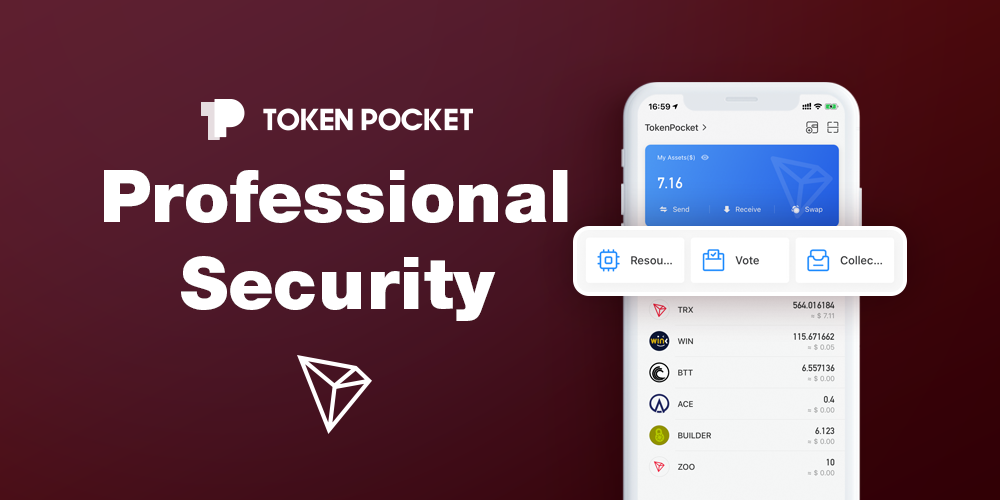At its core, tp钱包 is a distributed ledger that records transactions across a network of computers. Each transaction, or “block,” is securely linked to the previous one, forming a “chain” that is virtually impossible to alter. This tamper-proof nature makes blockchain a robust solution for various industries, including finance, healthcare, and supply chain management.
One of the most notable applications of blockchain is in the world of cryptocurrencies. Bitcoin, the first and most famous cryptocurrency, relies on blockchain technology to record and verify transactions. Unlike traditional banks, which rely on centralized authorities, blockchain allows for peer-to-peer transactions without the need for intermediaries. This not only reduces transaction costs but also enhances financial inclusivity, enabling access to financial services for the unbanked and underbanked populations worldwide.
Beyond finance, blockchain is making inroads in supply chain management. By creating an immutable record of product movement, origin, and authenticity, companies can ensure the integrity of their supply chains. This technology helps combat counterfeiting, verify the authenticity of luxury goods, and even monitor the conditions of perishable goods during transit, thereby enhancing consumer trust and safety.
In healthcare, blockchain offers the potential to transform patient data management and privacy. Patients can have greater control over their medical records, granting access only to authorized healthcare providers, which improves data security and reduces the risk of data breaches. Additionally, blockchain can streamline the process of tracking pharmaceuticals from manufacturing to distribution, reducing the risk of counterfeit drugs entering the market.


